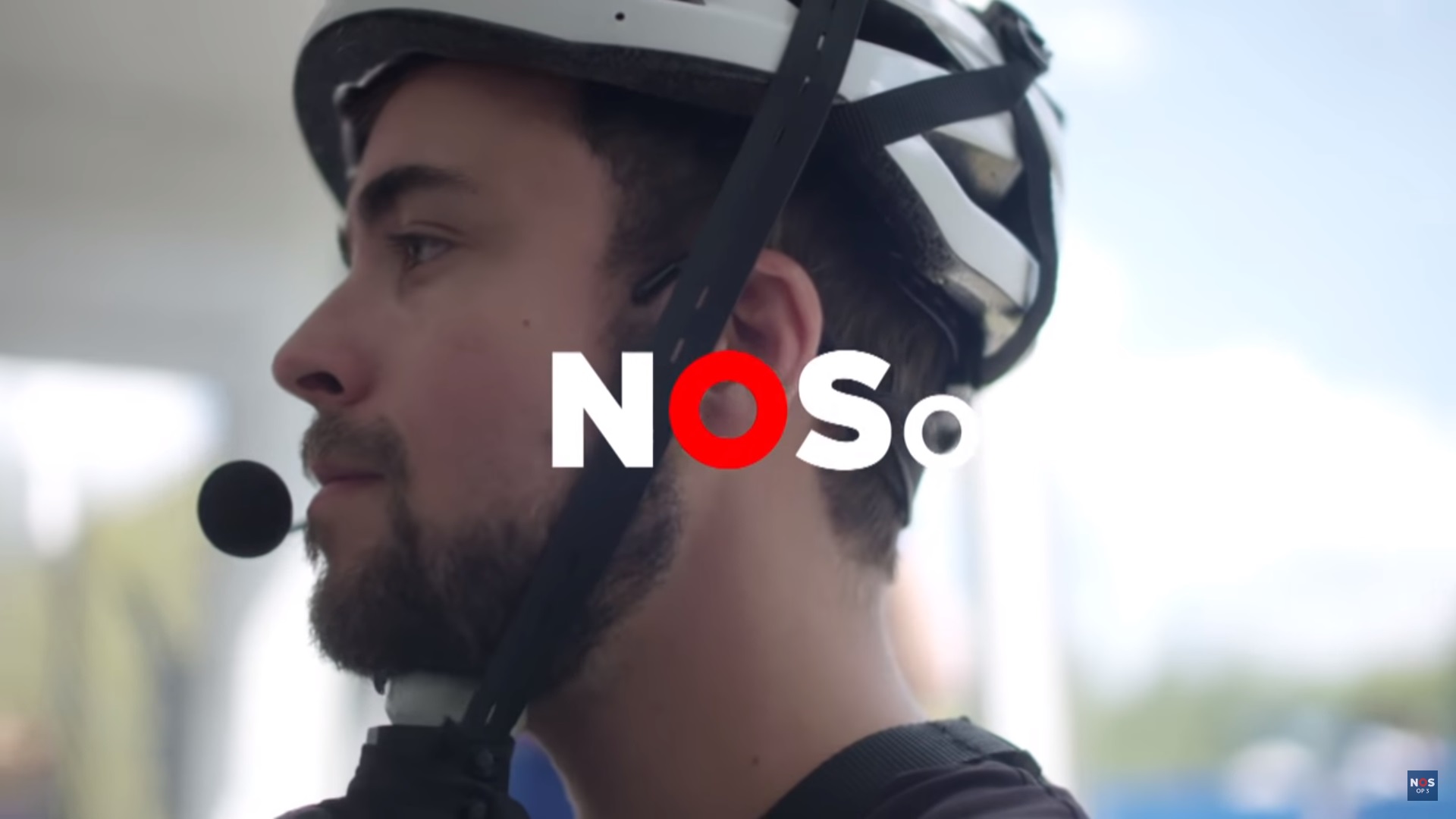150 Lowlandsbezoekers lallen grenzeloos met Martijn Wieling
Te midden van al het festivalgedruis tijdens Lowlands op 17, 18 en 19 augustus heeft dr. Martijn Wieling van de Rijksuniversiteit Groningen (RUG) onderzoek gedaan naar het effect van alcohol op spraakgebruik. Het is bekend dat alcoholgebruik spraak negatief beïnvloedt, maar hoe zit dat bij het spreken van een vreemde taal? Onderzoek suggereert dat het effect hier juist positief lijkt te zijn. Onduidelijk is echter wat er in de mond gebeurt.
Lowlands Science
Martijn Wieling is docent Informatiekunde aan de RUG en doet onderzoek naar taalvariatie in de mond. Samen met Jidde Jacobi, Pauline Veenstra, Stefanie Keulen, Lisanne de Jong, Teja Rebernik, Aude Noiray, Masha Medvedeva, Anna Pot, Mara van der Ploeg, Vera Hukker en Gerwin Blankevoort stond Martijn Wieling op Lowlands Science. Sinds 3 jaar vormt Lowlands Science een prominent programmaonderdeel van Lowlands, een muziekfestival met 60.000 bezoekers. Op het festivalterrein staat elk jaar een uitgebreid lab waarin festivalgangers omwille van de wetenschap onderdeel worden van experimenten van uiteenlopende onderzoeken. Het was de eerste keer dat een onderzoeker van de RUG deelnam aan dit wetenschapsprogramma van Lowlands.

Tongbrekers
Voor het onderzoek Grenzeloos Lallen van Wieling is gekeken naar de invloed van alcohol op het spreken van de moedertaal en het Engels. Hij heeft de tongbewegingen van ongeveer 150 deelnemers gemeten met een echoscopie apparaat. Na het meten van hun alcoholpromillage moesten ze Nederlandse en Engelse tongbrekers lezen en losse klanken uitspreken. Het liefst één keer nuchter en één keer met alcohol op. Maar liefst 300 deelnemers beoordeelden de uitspraken van anderen. Wieling verwacht dat alcohol er voor zorgt dat de articulatie minder precies wordt en daardoor het stereotype Nederlandse accent minder duidelijk hoorbaar is. Voordat bekend is of dat echt zo is, moeten we nog even geduld hebben. Wieling hoopt binnen een jaar de resultaten van het onderzoek te hebben.
Meer nieuws
-
14 februari 2026
Tumor weg, maar waar zijn de woorden?
-
19 januari 2026
Digitalisering drijft kansarme burgers soms in het nauw
